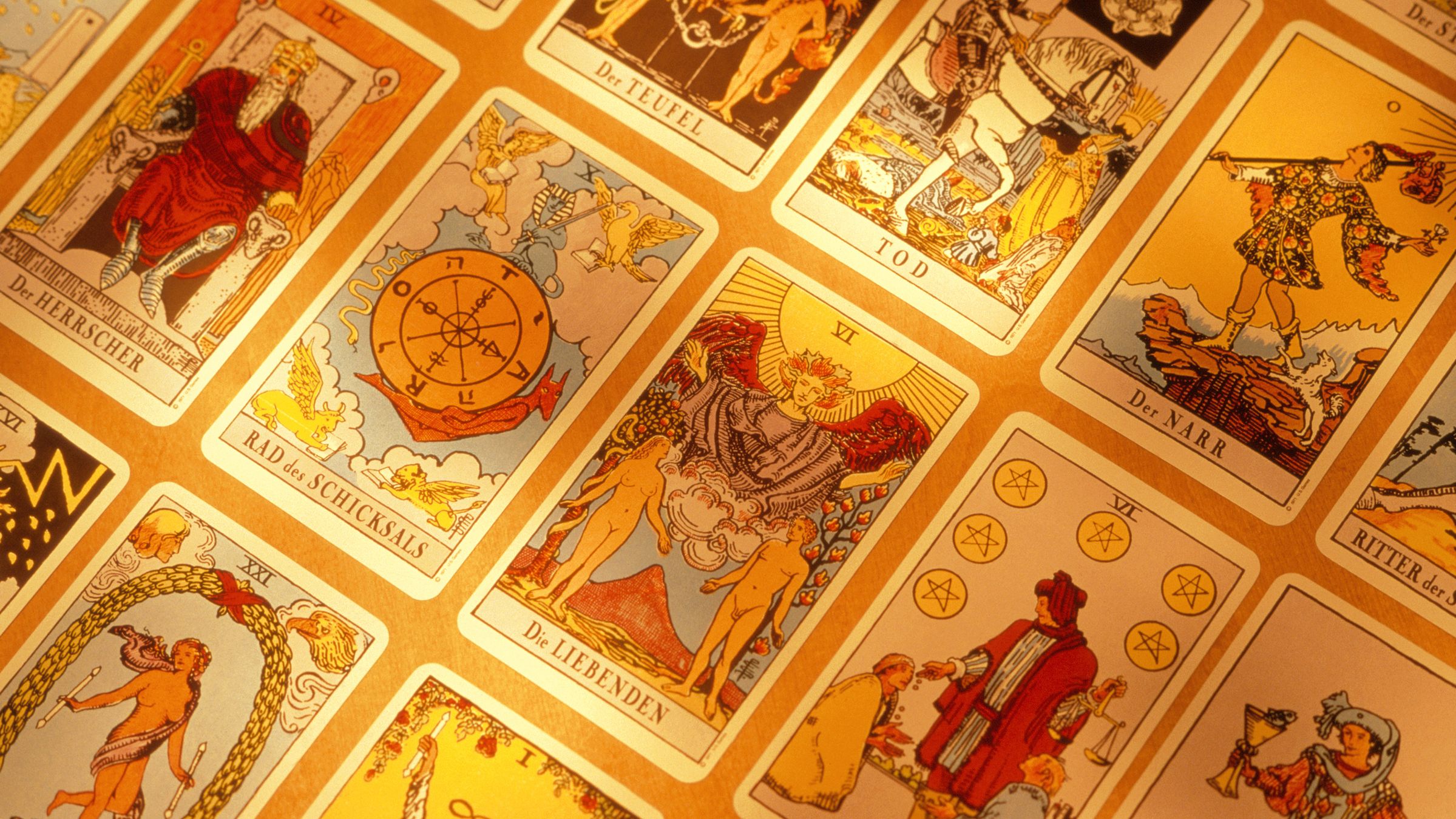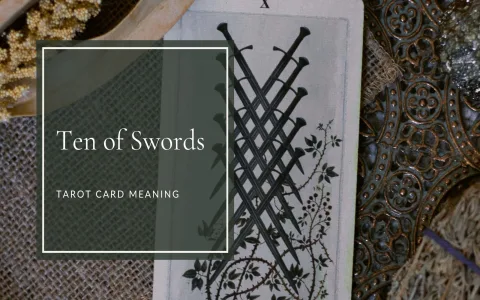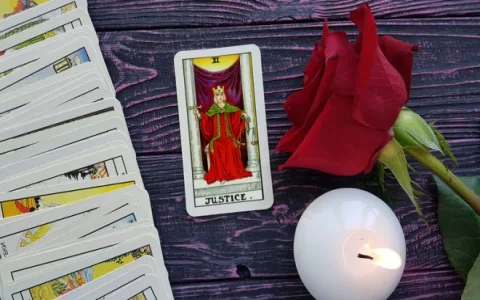How I Started Hunting for That “One” Spiritual App
Okay, so I’ve been dabbling with tarot and I Ching for a while now, right? Mostly physical cards and coins. But lately, life’s been hectic. Dragging my deck everywhere or finding a quiet spot for coins got old. Thought, “There must be a decent app out there for quick insights when I’m stuck in traffic or hiding from the kids in the bathroom.” Figured I’d test drive a bunch. My goal? Find something actually useful, not just flashy.
The Great Download Frenzy
First step, obviously, the app store search. Typed in “tarot” and “iching” – holy smokes, the avalanche! Tons popped up. I just started grabbing anything with decent reviews and screenshots that didn’t look like pure junk. Ended up with like 15 apps. Felt a bit overwhelmed already.
Started firing them up one by one. Immediate problems:

- Bad First Impressions: Several asked for my email or phone number before I could even see a single card. Nope. Closed those immediately. Ain’t nobody got time for that.
- Ad-Soup: Opened one app, bam! Full-screen video ad. Tapped the tiny “X”, got maybe 5 seconds to see a blurry card image, then another ad. Deleted that sucker faster than you can say “Three Card Spread”. Pure frustration.
- Confusing Garbage: One app had these weird cartoon characters instead of classic Rider-Waite imagery. Couldn’t figure out if the “Laughing Badger” card was supposed to be The Fool or The Tower. Another had symbols that made zero sense without reading a giant manual inside the app. Not intuitive.
- Bullshit Pricing: Found one with a nice clean layout. Drew a card… and it showed me a blurred image with a huge button: “UNLOCK MEANING – $4.99/month!” Uh, no. Felt like a total bait-and-switch. Deleted.
Actually Finding Some Gems
After that cull, I was down to maybe four apps that seemed okay. Started actually using them seriously for a week or two. Here’s what kinda worked:
- App “Serene Symbols” (Fake Name, obviously): Simple interface, classic tarot artwork. Free daily one-card draw meaning was decent. Felt calm using it. Their I Ching felt a bit basic though – just the hexagram name and a short, super generic blurb.
- App “Cosmic Coins” (Another fake name): This one nailed the I Ching experience. Virtual coins felt okay, decent animations. The interpretations felt more nuanced, even referencing changing lines properly in the free version. Tarot section? It existed, but felt tacked on and shallow.
But then… I opened “Truth Teller Tarot & I Ching” (Final fake name!). This one stood out:
- Good Vibes: Clean design, no screaming ads upfront. Got a simple 3-card tarot spread right away, no paywall blocking the basic meaning.
- Actually Useful I Ching: The coin method felt smooth, and the interpretation wasn’t just cookie-cutter. It offered layers – basic hexagram meaning, commentary on the specific lines that changed (if any), and even a few practical prompts for reflection.
- No Pressure Paywall: Sure, it had a “Pro” version with extra spreads and maybe journals, but the free core stuff felt genuinely functional. I wasn’t constantly blocked or teased.
Putting “Truth Teller” Through the Paces
Decided to live with “Truth Teller” for a solid month. Morning coffee? Quick I Ching draw on a question about the day’s energy. Feeling stressed before a meeting? Pulled a clarifying tarot card. It became my digital pocket guide.
What sealed the deal for me:
- It stayed stable. Didn’t crash on me mid-reading (unlike one of the earlier contenders).
- The interpretations, while digital, didn’t feel totally soulless. Sometimes they were surprisingly spot-on or gave me that “huh, hadn’t thought of it that way” moment.
- It respected my time and didn’t annoy me. That’s huge.
The Takeaway After Wading Through the App Swamp
Look, none of these apps replace the depth or personal connection of using physical cards or coins thoughtfully. They just don’t. But, if you’re like me and need something accessible for quick guidance amidst the chaos, the hunt is worth it. You gotta sift through a bunch of crap – the ad monsters, the confusing messes, the paywall traps. But sometimes, like with “Truth Teller” for me, you find one that feels straightforward, reliable, and actually offers a bit of useful light without ripping you off or driving you nuts.
My advice? Be ruthless with the delete button during testing. If it annoys you right away, ditch it. Focus on whether the free core features actually give you something usable. And remember, whatever the app says, the real insight usually comes from how you reflect on it yourself. The app’s just a tool.






